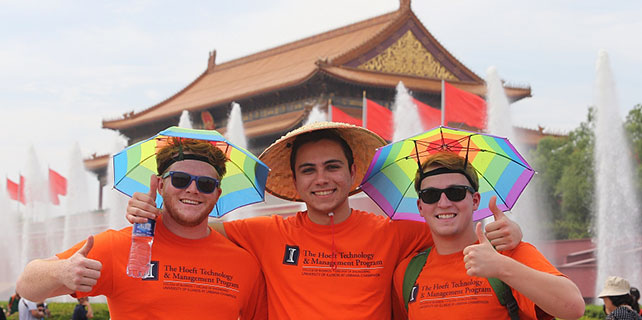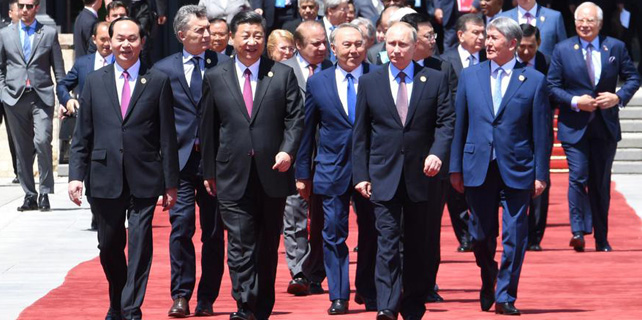UK vacuum cleaner maker Dyson opens R&D lab in China
British technology company Dyson has opened a new research and development center in Shanghai, after the vacuum cleaner manufacturer saw Chinese sales leap 200 percent.
Dyson plans to build a team of 50 engineers and support staff during the coming year, charged with marrying software and hardware for its next generation of app connected, smart appliances. Dyson did not disclose investment figures for the new lab.
Company founder Sir James Dyson said: "The future of technology lies in harnessing the power of software and hardware combined. That will be our focus in Dyson's new technology lab as we bring online smart, connected machines ensuring they are suitable to Chinese needs. Focusing on real Chinese homes and real usage, our bright minds in the UK and Singapore with insights from those in China, aim to deliver a pipeline of new technologies in the years ahead."
The move is part of the company's 2.5 billion pound ($3.2 billion) global expansion plan, and is evidence of Dyson's increasingly fruitful dealings in the Asian market.
Dyson – which also manufactures bladeless fans, heaters, and hair and hand dryers – reported profits of 631 million pounds in 2016, up from 367 million pounds the previous year, driven by a 200 percent rise in sales in China, Indonesia and the Philippines.
Dyson makes one of China's best-selling humidifiers, the AM10, and the company benefits from continued sales volume growth for vacuum cleaners in China. Sales for vacuums grew 9 percent last year, according to market research firm Euromonitor, and the market has enormous potential, with a growing middle class and only 5.3 percent of Chinese homes owning a cylinder vacuum cleaner in 2016.
Philips China continued to lead sales in 2016, recording a volume share of 21 percent.
In 2016, Dyson established a new contact and repair center and upgraded to a larger head office in Shanghai with 250 employees.
Jim Rowan, Dyson's chief operating officer said: "As we grow in China, so must our ability to localize apps and software, bringing technology on-line quicker than ever before. As a country, China is right at the forefront of an intelligent machine revolution, so we'll be seeking its brightest minds to join us in shaping the connected Dyson technology of the future."
Jeff Chen, deputy mayor of central Shanghai's Huangpu District, welcomed the development, saying the center would create high value jobs and contribute to China's transition to a "high-skilled knowledge economy".








